Doug Rowe
aka The Flying Circus
When roll calls of 1960s New Zealand musicians are made, the name Doug Rowe rarely comes up. His achievements are submerged in the stories of Australian and Canadian pop. Like a good many of his contemporaries, Rowe’s experience was only just beginning as he left NZ for Sydney.
Originally the lead guitarist in The Saints – Maurice Greer’s mid 1960s Palmerston North group (for more on Greer see The Four Fours and The Human Instinct) – Doug Rowe shifted with Peter Nelson and The Castaways to Auckland then Sydney where they had a sizeable hit with ‘Skye Boat Song’.
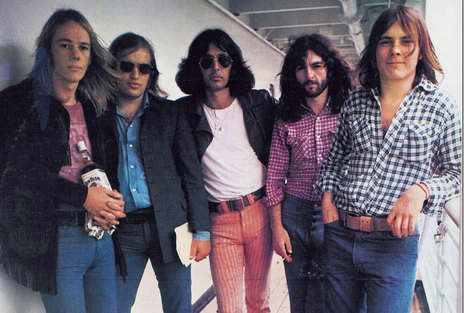
The Flying Circus: Colin Walker, Doug Rowe, Jim Wynne, Terry Wilkins and Sam See on the deck of The Arcadia leaving Australia in 1971
Doug Rowe and Rob Breese - Anytime Now (2010)
The Flying Circus - Turn Away (1971)
Pig Iron Bob - Live at The Carrington, Bathurst, 2010
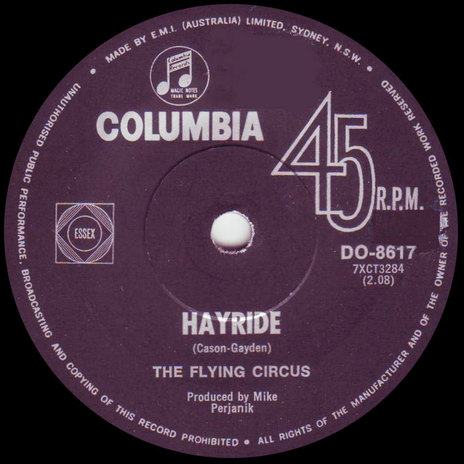
The Flying Circus' big 1969 hit Hayride, produced by New Zealander Mike Perjanik
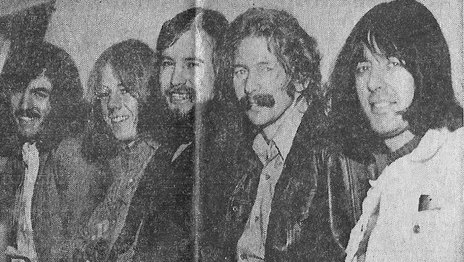
The Flying Circus. Left to right, Terry Wilkins, Colin Walker, Doug Rowe, Red McKelvie, Jim Wynne.
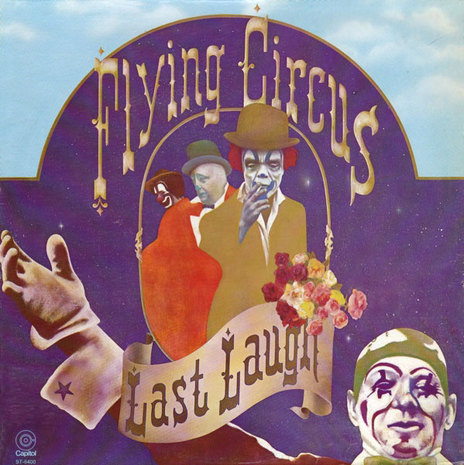
The Canadian Last Laugh album, issued in 1973 by Capitol Records
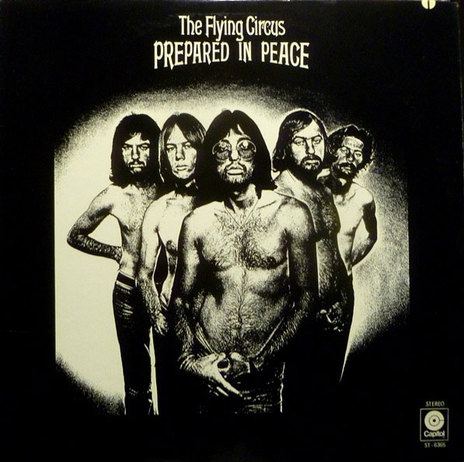
The Flying Circus' 1971 album Prepared In Peace was released in the UK on the Harvest label, then the hip underground label in the EMI group. It was produced by New Zealander Mike Perjanik.
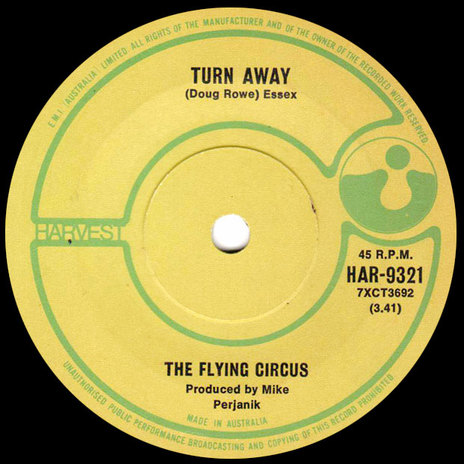
The Flying Circus' 1970 Doug Rowe penned single Turn Away, produced, as were most of the band's Australian recordings, by Mike Perjanik
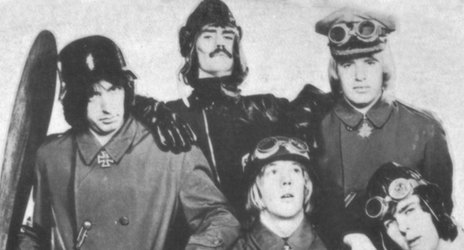
The Flying Circus in 1969
Flying Circus - Old Enough (To Break My Heart) - (1973)
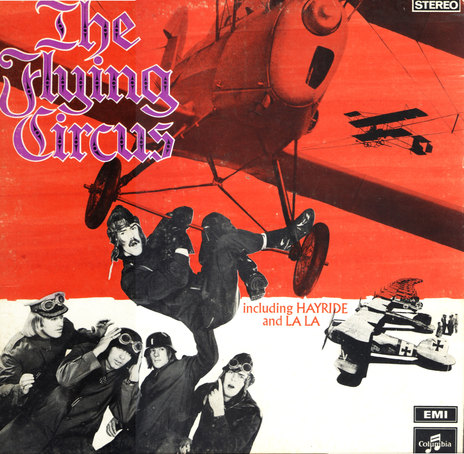
The 1969 debut album by Doug Rowe's Flying Circus included their two big bubblegum hits Hayride and La La
Labels:
Capitol Records
Columbia
EMI
Warner Music
Harvest
Trivia:
The New Zealand release of The Flying Circus' 1969 single Hayride was delayed after local radio programmers objected to the lyric "making love in the hay".
In his last years Doug Rowe worked at Charles Sturt University in the Division of Facilities Management, playing in bands in the evening.



